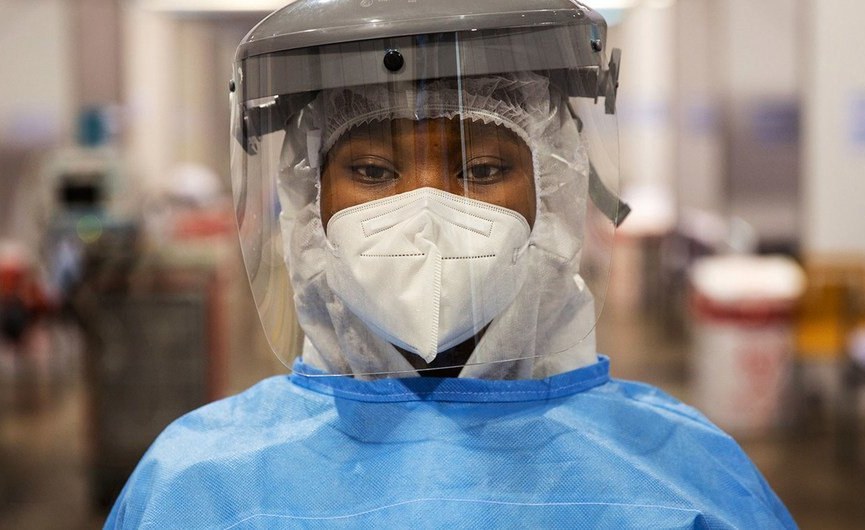Speaking notes by Minister of Health, Dr Joe Phaahla during the 72nd session of the WHO Regional Committee for Africa, in Togo from Monday, 22 – Friday, 26 August 2022.
Discussion of the Annual Report of the Regional Director on the Work of World Health Organization in the African Region (Document AFR/RC72/3)
Chairperson
South Africa commends the Regional Director and the Secretariat for the achievements of the Regional Office in the past year in the middle of the fight against the COVID-19 Pandemic.
As the COVID-19 pandemic moves into the endemic phase, it is most timely and prudent to integrate the preparedness and response functions into the routine health systems and services. Whilst the integration of ‘COVID-19 services’ is essential, it can only be effective and sustainable, when the broader policy actions towards addressing more ‘fundamental systemic issues’ are also initiated/augmented simultaneously.
Given the current priorities and urgent needs, the interventions will need to be carefully sequenced – some in the immediate term (e.g. mainstreaming COVID-19 vaccination, testing, treatment etc.), and others in mid to long term approach (e.g. building dedicated Emergency Preparedness Human Resources (HR) and structures, and scaling up other initiatives towards health systems resilience and Universal Health Coverage).
We therefore note with interest progress reported in the areas around the work on emergencies, covering the response to acute and protracted emergencies, and the support provided to Member States to build their capacities for preparedness and response to future emergencies.
It is our view that the health system needs to be properly reset, recalibrated so that it can properly recover from the pressure of Covid-19 pandemic. In this regard, a holistic approach to resetting Health Systems is more likely to yield desired results not only for the recovery, but also for building back better.
One of the biggest lessons we learnt from the pandemic is around the power of committed leadership and partnerships, as well as of technology and analytics, along with the importance of capacitating communities to play a central role in disease control and health emergencies. We therefore cannot afford to regress on these.
The continued work on reforming the Secretariat to better respond to the needs of Member States remains important.
It is important for us to continuously re-assess our public health approach and use the lessons we have learnt throughout these three surges to prepare for future resurgences and to improve the resilience of our health systems.
I thank you.
Source link
